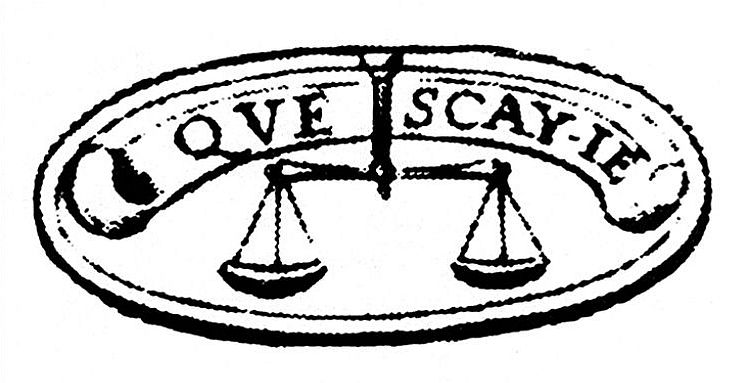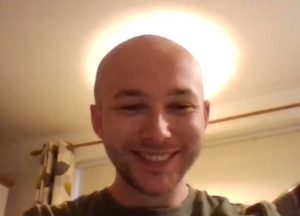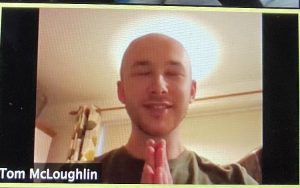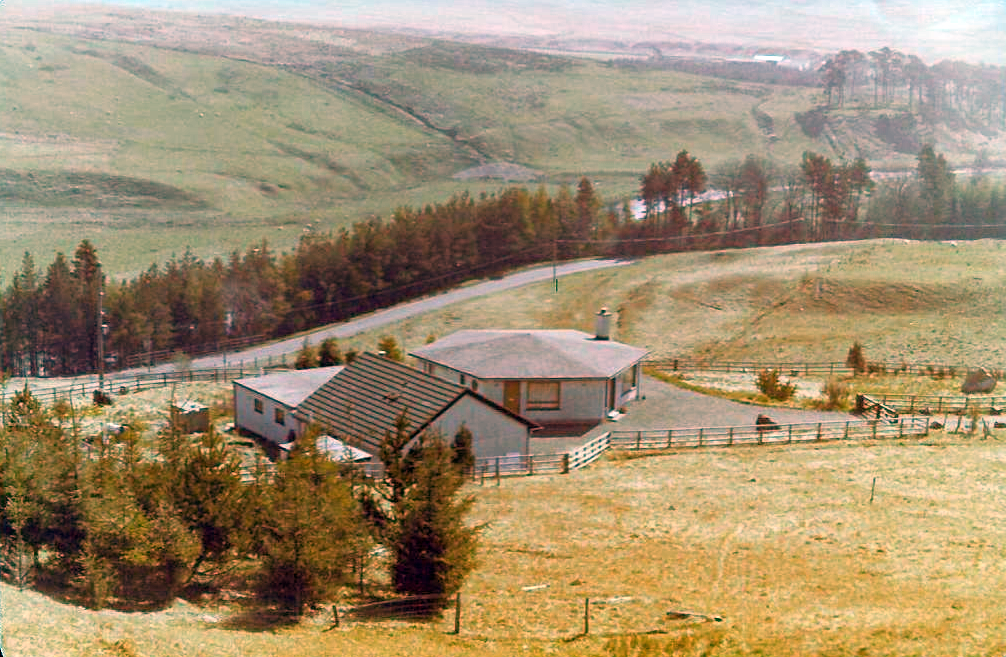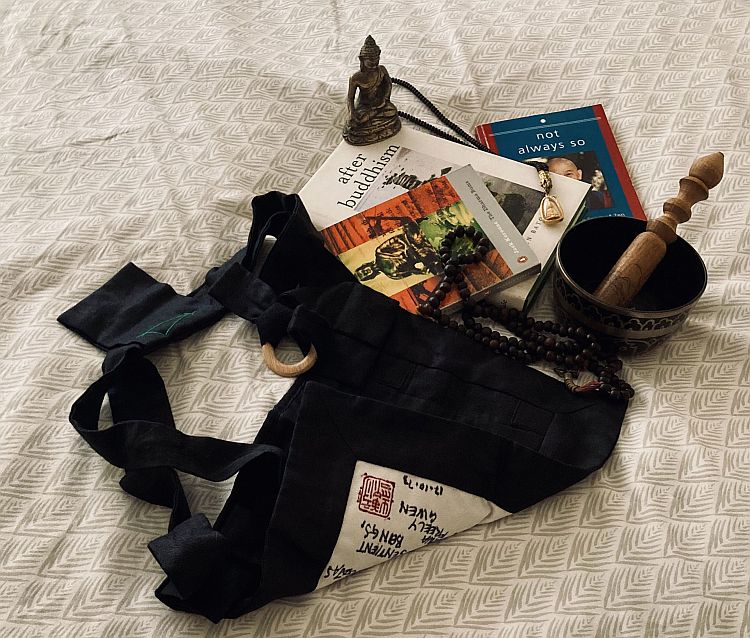Views: 131

So, every Tuesday night I run a meditation session online. It’s not like any other meditation group I have ever attended, and I for one am proud of that. We never sit around being ‘holier than thou’ and we do like a laugh… Often at ourselves and more frequently the laughter is directed at me!
I like that. It Keeps me grounded and balanced and reminds me to take life lightly. To not grasp onto ideas, concepts and beliefs. To let them go.
A bit more often than not, people seem to want answers. They want a direction to head in and a plan as to how they live they can live their lives and feel fulfilled.
With those concerns in mind, I came up with an 8 fold path (very Buddhisty!) that one can use as a regular way of checking in. A way of staying alert in the world and making the most of your time..
As always, you don’t have to follow it dogmatically. These are not truths, just simple ideas culled from a variety of sources and influences I have found useful over the years.
1. Awareness: Practicing meditation is a good way of developing focus and attention, and if you take it into your everyday life it enables you to experience the world directly. Regular meditation practice allows you to notice those moments when you have knee-jerk reactions to situations. It gives you control over your thoughts and actions.
In NLP we talk about sensory acuity. Switching on the senses fully. All five if you can. Next time you see an apple, really look at the apple. Its shape, colour, form, where it is in regard to its background. When you pick up and apple, really feel it as if for the first time: its weight, texture and so on… Do this with all of your senses if only for 20 minutes a day and you will start to feel connected with the external world. You will start to notice things you had previously not been aware of in your surroundings or in your life.
2. Openness: Be truly open to new ideas. Try them on for size and see how they make you feel. If they feel uncomfortable, where is the feeling? What’s it doing? If the feeling is in your stomach then move it into your chest or your legs. If it is spinning reverse the direction and see what happens.
Pick a belief you might have and see it from a fresh perspective. Challenge it fully. Try it on for size and then once you have examined it, let it go. Drop the Belief. It is after all, only a thought and thoughts are not real!
3. Flexibility: If something doesn’t work out, do something else. If you find yourself in a rut, take on a new challenge. Learn to play guitar. Learn a martial art. Having flexibility in your behaviours changes your approach to life. It gives you more choices and having choice is better than not having choice.
4. Resilience: There is no Failure, Only Feedback. When things don’t work out the way you planned then move on to the next part of the plan. If you accept that everything that happens is simply feedback, that there is no good or bad, you can then respond to the situation in a better stage and therefore be able to carry on with the activity effectively. If you repeatedly beat yourself up thinking that you’re a failure then you will be right. But if you simply accept what has happened as feedback and treat it as a lesson, your life will be more fulfilling.
5. Pragmatism: This fits in with the previous paragraph. When things don’t work out the way you thought they might just ask yourself:
“What would be the most useful thing to do now?”
6. Responsibility: By being pragmatic and resilient, you take responsibility for your actions and how they affect those around you. Being in the moment allows you to see the bigger picture. Ask yourself: “How will my actions impact those around me?”
7. Creativity: I remember being given this technique years ago by I believe Richard Bandler. He said to use your imagination to come up with something new. To pick three things or ideas that were very different from one another and to produce something new. Just give yourself 30 minutes and see what happens.
8. Curiosity: Without curiosity, we wouldn’t have the world we live in today. The world is full of things and ideas created by people who were curious. Keep your sense of curiosity no matter what…
If you wish to grow, have an attitude of intense curiosity and let it propel you through life. Read new books and listen to new ideas. Learn new skills and languages. Become a smarter individual and create useful change for yourself and others. When you find yourself doubting an action and find yourself saying:
“I’d better not do that in case it doesn’t work out”
Say instead:
“What would happen and how would I feel if it did work out!”
It’s just a thought…
Use all or any of these ideas every day and let me know how you get on. Remember that when you make a small change in yourself, it will affect those around you too. Like a pebble dropped in a pond, the ripples spread out!
